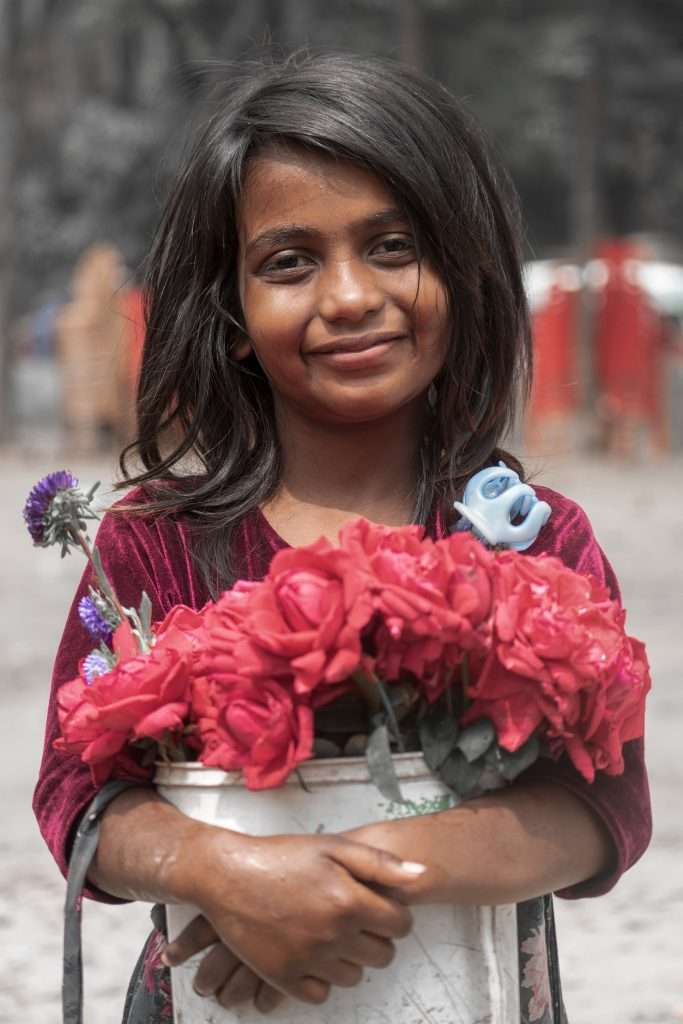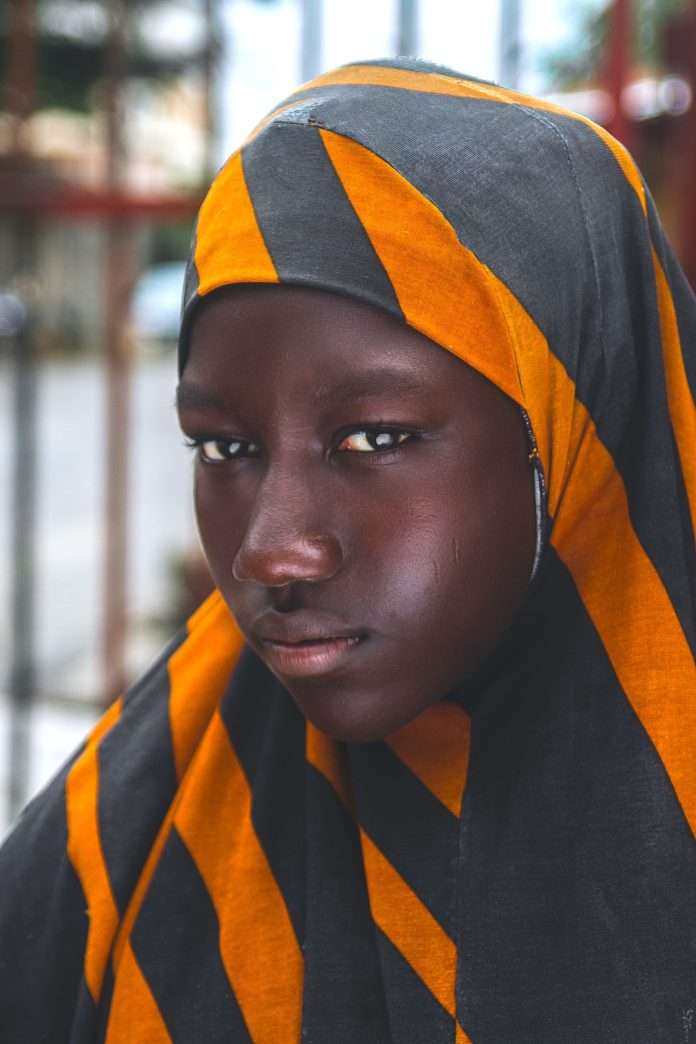More than 250 million women who are alive today were married before the age of 15. But that number is set to surge, according to multiple recent reports, as extreme weather and climate crisis-driven disasters become more common, leaving vulnerable families with fewer survival options.
Child marriage is a global issue, found in almost every continent around the world.
But rates are particularly high in sub-Saharan Africa and South Asia, two regions that are already experiencing the worst effects of the climate crisis.
Bangladesh, for example, ranks as the seventh most vulnerable country in the world to climate change, despite only producing around 0.56 percent of global emissions. There, erratic weather patterns and higher temperatures are forcing more people into poverty. Research suggests that around a quarter of the population is already food insecure.
Because of the desperate circumstances, families are being forced to make difficult choices, often marrying off young daughters so they have fewer mouths to feed. More than half of girls in Bangladesh are married before their 18th birthday, this is despite the fact that the legal age of marriage in the country is actually 18.
Why does climate change increase the risk of child marriage?
According to the International Rescue Committee (IRC), rates of child marriage have surged 39 percent in Bangladesh’s climate-vulnerable coastal regions.
“The IRC is calling for the Government of Bangladesh to establish a formal reporting mechanism for child abuse and exploitation along with the establishment of child-friendly spaces accessible within communities, provision of psychosocial support, and recreational activities,” said IRC Bangladesh Director Hasina Rahman in a statement in December.

“Meanwhile, sustainable and uninterrupted funding is required to mitigate the disastrous impacts of climate change on children. Without these steps, girls in Bangladesh are likely to continue to be forced into early marriage for generations to come,” she added.
Another report, this time from Save the Children, revealed that the number of girls living in countries like Bangladesh, Chad, and Guinea who are at extreme risk from the climate crisis and child marriage may increase by a further 33 percent by 2050.
“The risks to girls are real. It’s the risk of sexual harassment and abuse girls face in the chaotic aftermath of a disaster, where overcrowding and lack of safe services leave them exposed,” said Shruti Agarwal, a senior adviser at the nonprofit, in October. “It’s being forced to marry before they reach 18, as families are pushed into poverty by years of droughts and forced to make impossible decisions about which mouths to feed.”
The urgent need to protect women and girls from the climate crisis
Girls aren’t just being forced into marriage, they also bear the burden and responsibility of exhausting disaster recovery tasks, too.
According to one 2020 study, which assessed the coastal region of Ilaje in Nigeria, the responsibility of making sure everyone has enough food, clean water, and fuel, often falls to women and girls. This leaves them with little time or access to education, which is vital for pushing gender equality forward.
The United Nations Population Fund Agency also notes that of the 14 countries most vulnerable to the climate crisis, six have the highest maternal death rates, five have the highest adolescent birth rates, seven have the worst child marriage rates, and four have the highest rates of intimate partner violence.
“The climate crisis is having profound impacts on women and girls around the world. Climate-driven disasters are displacing them from their homes, putting family planning clinics, maternal healthcare, and safe spaces out of reach,” said UNFPA Director Dr. Natalia Kanem in a statement in November 2023.

Further study from UN Women has also revealed that by 2050, the climate crisis will push nearly 160 million women and girls into poverty, “creating a downward spiral,” according to Sarah Hendriks, the Deputy Executive Director for Policy, Programme, Civil Society, and Intergovernmental Support at UN Women.
During COP28, the United Nations Climate Change Conference that took place in Dubai at the end of last year, the UNFPA called for more funding for climate-resilient health systems that address the needs of women and girls.
It also called for better data on how the climate crisis is impacting women and girls, as well as more female voices at a decision-making level.
“Without urgent measures, climate change will set back the clock even further on achieving gender equality,” Kanem added. “The time is now to put women and girls at the heart of climate action.”
Related on Ethos:


